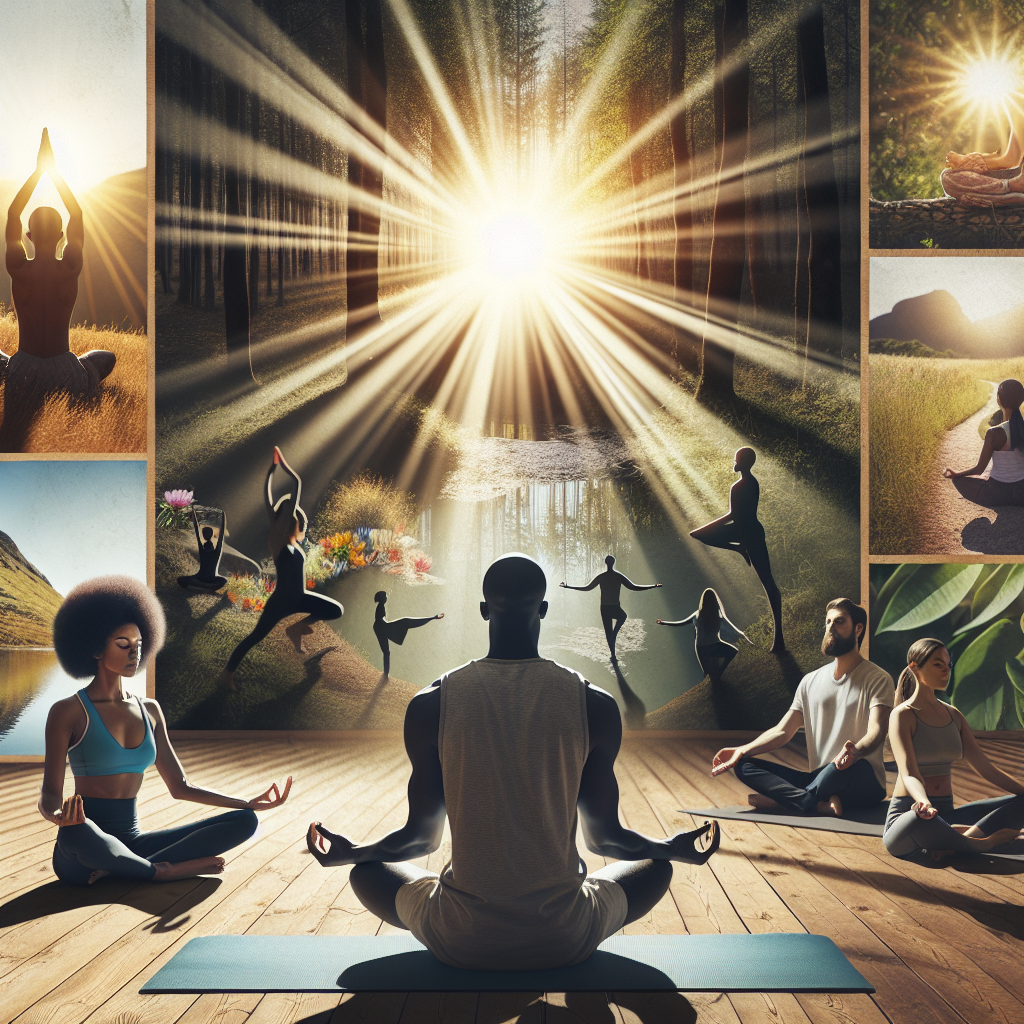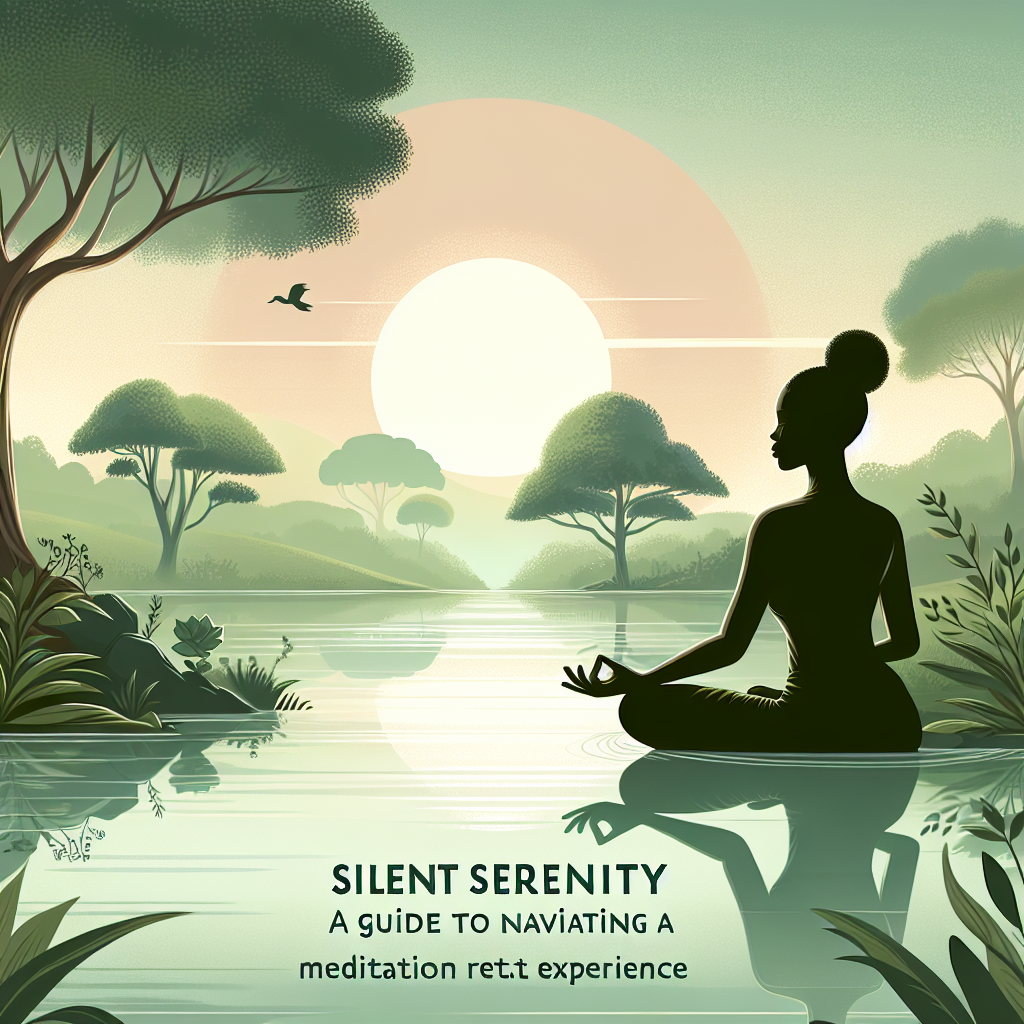Unlocking Your Potential: How meditation Can Transform Your Mind and Body
Meditation has been practiced for centuries as a way to achieve inner peace, reduce stress, and improve overall well-being. In recent years, there has been a growing interest in meditation as a tool for unlocking one’s full potential, both mentally and physically. This ancient practice has been shown to have numerous benefits for the mind and body, leading to improved focus, creativity, and overall happiness.
The Benefits of Meditation
Meditation has a wide range of benefits for both the mind and body. Some of the most commonly reported benefits include:
– Reduced stress and anxiety: One of the primary reasons people turn to meditation is to help manage stress and anxiety. By taking time to quiet the mind and focus on the present moment, meditation can help calm the nervous system and reduce feelings of anxiety.
– Improved focus and concentration: Regular meditation practice has been shown to improve focus and concentration, making it easier to stay present and be productive in everyday tasks.
– Increased creativity: By quieting the mind and allowing thoughts to flow freely, meditation can help tap into the subconscious mind and spark creativity.
– Better emotional regulation: Meditation can help increase emotional awareness and regulation, allowing for greater emotional resilience in the face of challenges.
– Enhanced physical health: In addition to its mental benefits, meditation has also been shown to have numerous physical benefits, such as reduced blood pressure, improved sleep, and even a stronger immune system.
– Greater self-awareness: Through regular meditation practice, individuals can develop a deeper understanding of themselves, their thoughts, and their emotions, leading to greater self-awareness and self-acceptance.
How Meditation Can Unlock Your Potential
Meditation can be a powerful tool for unlocking your full potential by helping you tap into your inner resources and cultivate a sense of presence and mindfulness in your daily life. By engaging in regular meditation practice, you can develop a deeper connection to yourself and the world around you, leading to greater clarity, insight, and inner peace. This can help you break free from limiting beliefs and self-doubt, allowing you to step into your fullest potential and create the life you desire.
Meditation can also help you cultivate a sense of resilience and adaptability in the face of challenges, allowing you to navigate life’s ups and downs with greater ease and grace. By learning to stay present and calm in challenging situations, you can develop a sense of inner strength and confidence that can help you overcome obstacles and achieve your goals.
In addition, meditation can help you cultivate a deeper sense of compassion and empathy for yourself and others, leading to greater connection and understanding in your relationships. By practicing loving-kindness meditation, you can cultivate a sense of openness and generosity that can help you foster deeper, more fulfilling relationships with those around you.
Tips for Getting Started with Meditation
If you’re new to meditation, getting started can seem overwhelming. Here are a few tips to help you begin your meditation practice:
– Start small: Begin with just a few minutes of meditation each day, gradually increasing the amount of time as you become more comfortable with the practice.
– Find a quiet space: Choose a quiet, comfortable space where you won’t be disturbed during your meditation practice.
– Focus on your breath: One of the simplest and most effective forms of meditation is to focus on your breath. Simply close your eyes and pay attention to the sensation of your breath moving in and out of your body.
– Be patient with yourself: Meditation is a practice that takes time and patience to develop. Don’t be discouraged if your mind wanders or you find it difficult to stay focused at first.
– Experiment with different types of meditation: There are many different types of meditation, so feel free to experiment and find what works best for you. Some popular types include mindfulness meditation, loving-kindness meditation, and body scan meditation.
FAQs
Q: How often should I meditate to see results?
A: The frequency of your meditation practice is up to you, but most experts recommend practicing at least a few minutes each day to see results. Consistency is key, so try to make meditation a daily habit.
Q: Can anyone meditate, or do you need special training?
A: Anyone can meditate, regardless of age, background, or experience. While some people find it helpful to receive guidance from a meditation teacher or class, you can also learn to meditate on your own through books, apps, or online resources.
Q: How can I tell if meditation is working for me?
A: The effects of meditation are often subtle and gradual, but you may notice improvements in your mood, focus, and overall well-being over time. Pay attention to how you feel before and after meditating to see if you notice any changes.
Q: What should I do if I have trouble meditating?
A: If you’re struggling with your meditation practice, don’t be discouraged. It’s normal to have challenges when starting out. Try experimenting with different types of meditation, seeking guidance from a teacher or experienced practitioner, or simply giving yourself permission to take a break and come back to meditation when you feel ready.
In conclusion, meditation is a powerful tool for unlocking your full potential and transforming your mind and body. By cultivating a sense of presence, mindfulness, and self-awareness through regular meditation practice, you can tap into your inner resources and achieve greater clarity, focus, and resilience in all areas of your life. Whether you’re new to meditation or a seasoned practitioner, making meditation a daily habit can help you unlock your fullest potential and create a life of meaning, purpose, and fulfillment.




Leave A Comment